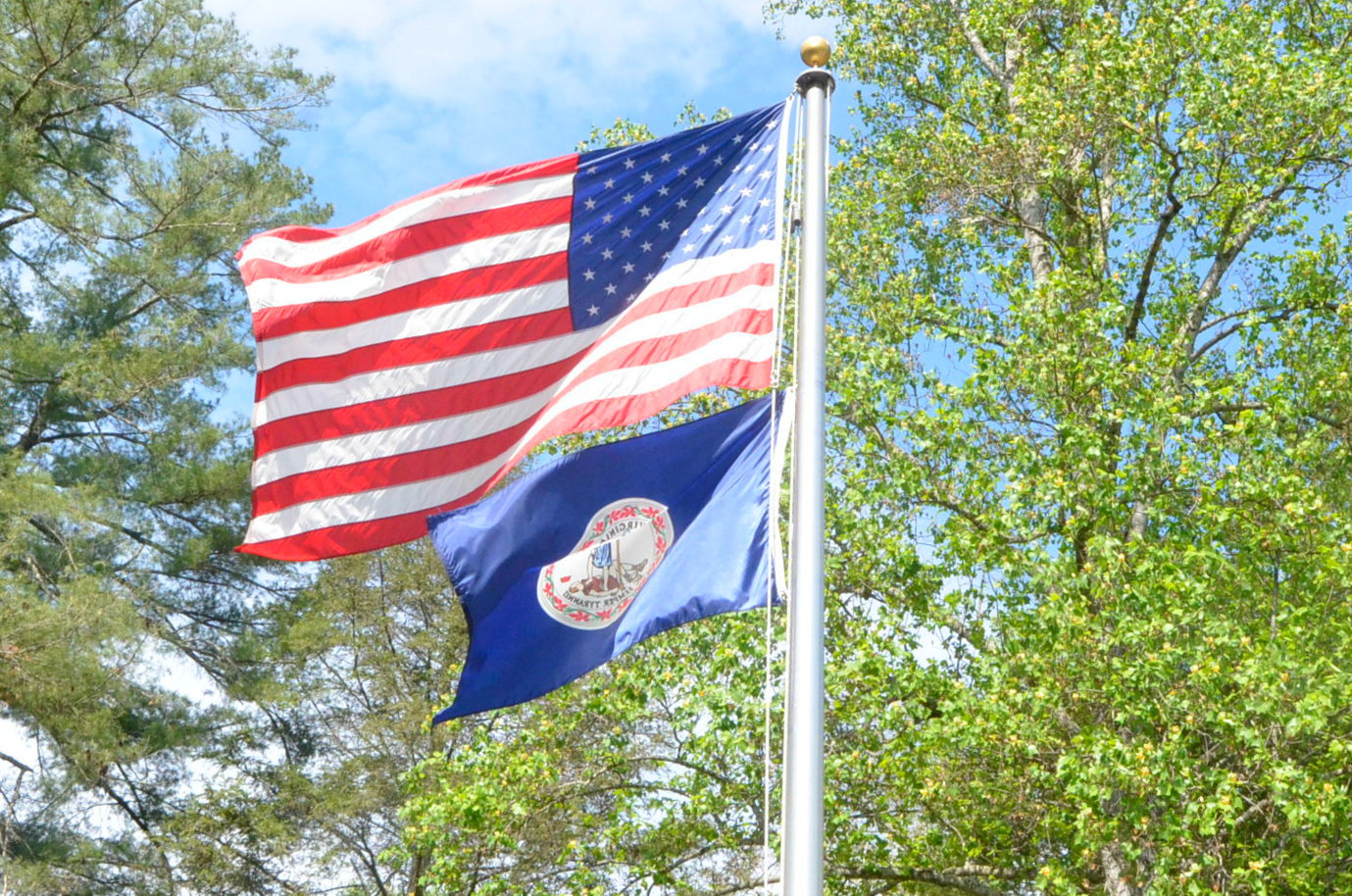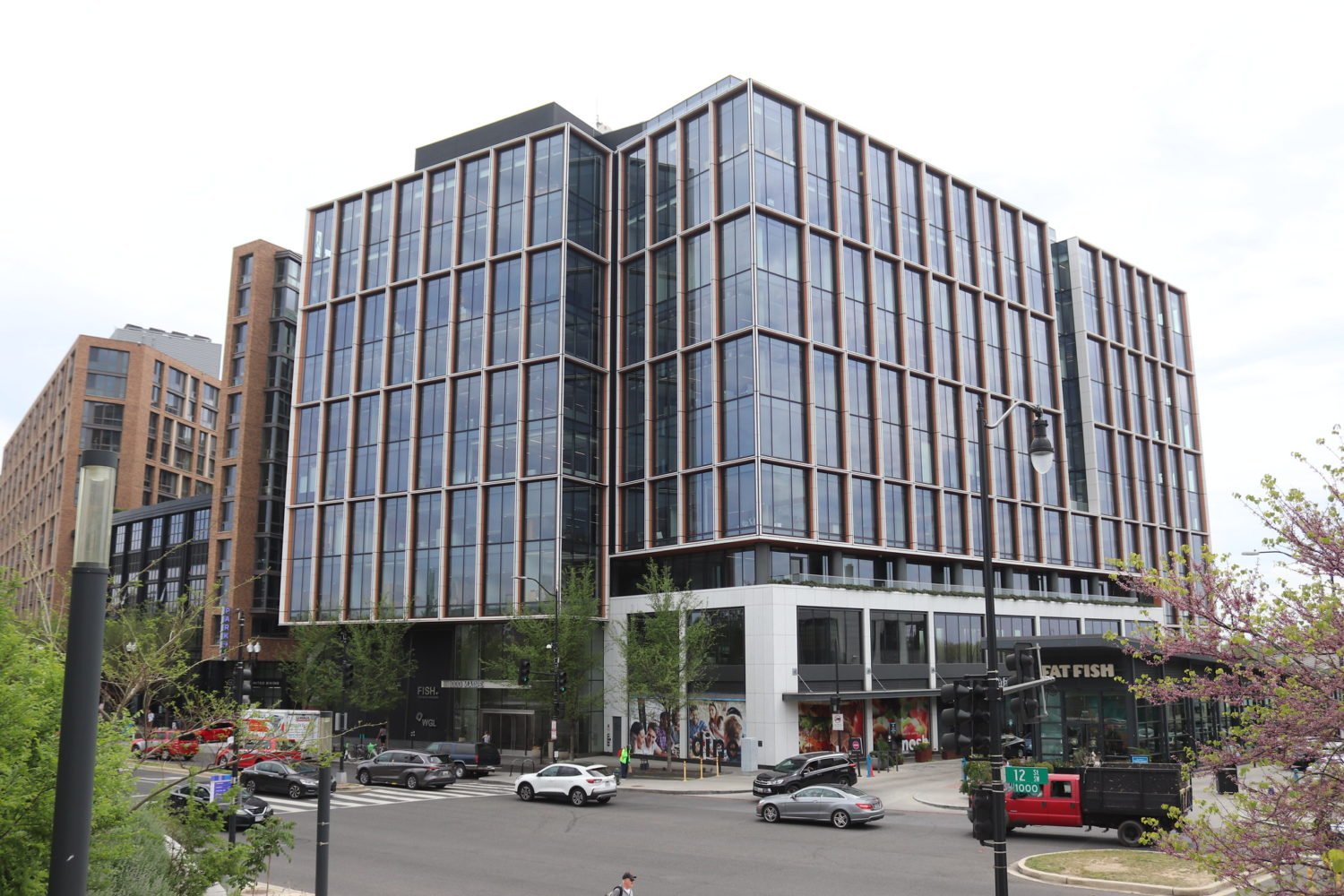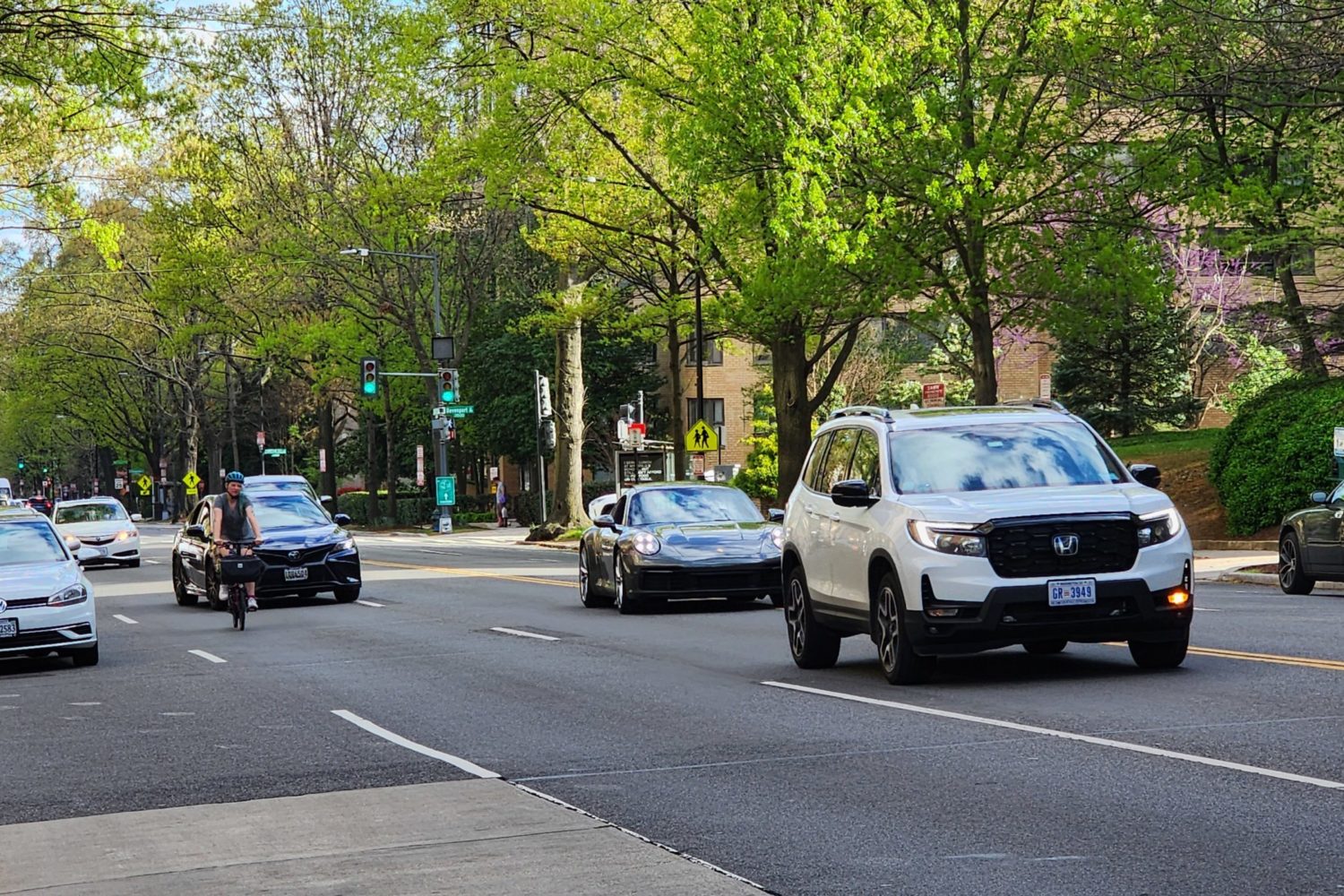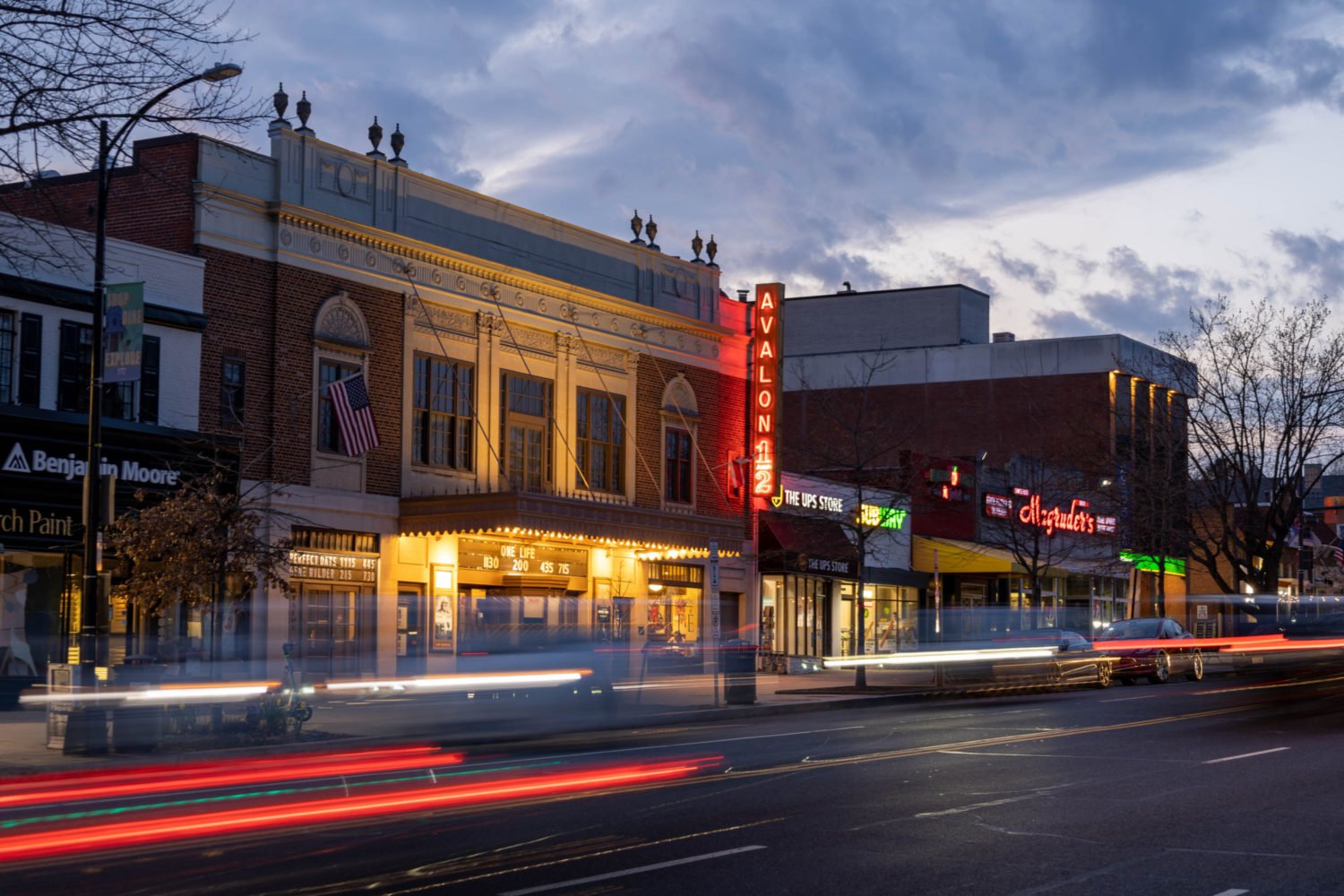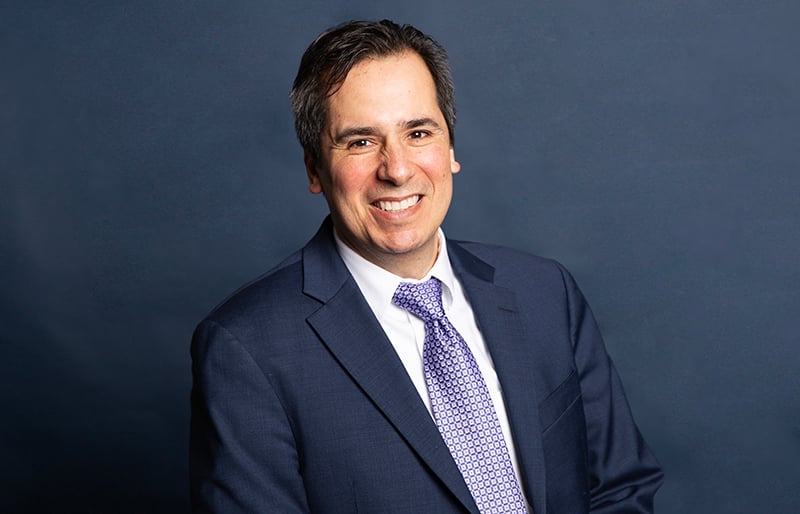Goodwin House’s calendar of events reads like a university course catalog. The retirement community, with locations in Alexandria and Bailey’s Crossroads, maintains a schedule full of leisure-time activities–and we’re not talking knitting and shuffleboard. Depending on the day, you might find a screening of Greek filmmaker Costa-Gavras’s 1969 political thriller, Z, a session on European masterpieces of the Renaissance, or a field trip to Georgetown University for an evening book-signing and lecture on sustainability in business.
“Every Wednesday, we gather for a DVD series of lectures from notable university professors,” says Richard Graham, 86, a resident at Goodwin House Bailey’s Crossroads. “Once a week, an art professor from the Workhouse Arts Center in Lorton does a class on watercolors. And we just wrapped up a 24-session series on winetasting, where we swirled and sniffed our way through 125 different vintages.”
Andrew Carle, founding director of George Mason University’s Senior Housing Administration program, says a change in demographics has fueled a movement away from what he considers the traditional model of retirement–“bingo, birthdays, Bible, and bridge”–to a more dynamic, education-based approach.
“Boomers are the most educated retirees in history–29 percent of us have a bachelor’s degree or higher,” Carle says. “And the thought of retiring to a golf course or up on a mountain just doesn’t have the same appeal as it had for previous generations.”
In Washington, one of the most educated metropolitan areas in the country, a growing number of retirement communities are giving residents the chance to take advantage of local colleges and universities–from auditing classes to attending concerts.
“We’re finding that people are moving into retirement communities to enrich their lives, and for many that means seeking continuing-education programs,” says Dee Pekruhn, director of resident services at Goodwin House Bailey’s Crossroads.
Says Carle: “From our research, it’s clear that retirees want three things–to be active, to be stimulated intellectually, and to be around young people. I just described a college campus.”
For Dick and Margy Werling, Tuesday and Thursday mornings start with Art History 242: Arts of India. “Yesterday in class, we were dealing with excavations dating back to 2000 bc along the Indus River, and I recognized one of the locales in the slides,” says Dick Werling. “I had been there, so I elaborated a bit for the other students.”
The Werlings are auditing courses at Washington and Lee University, less than two miles from their home at Kendal at Lexington in Lexington, Virginia. Dick, 82, and Margy, 73, lived in Washington for 35 years and worked in marketing and consulting. When it was time to retire, they knew they wanted to settle in a college town.
“My father was an academic, so I spent half my life in college towns–Swarthmore, Palo Alto, Cambridge,” says Margy. “We knew the kind of people a college town attracts, and we wanted the cultural attractions and the opportunities to learn without the hassles of an urban environment.” They fell in love with Lexington during a springtime visit and moved into their home at Kendal in early 2011.
Kendal at Lexington is an example of a university-affiliated retirement community–a community that’s close to a university and usually populated to some extent by retired faculty and alumni. Carle says there are more than 100 of these communities across the country, including near universities such as Dartmouth and Stanford. Closer to Washington, there are communities at Washington and Lee, Penn State, and the University of Virginia.
At the Village at Penn State, residents golf on university-affiliated courses at a reduced rate, discuss the coming season over lunch with college athletes, and have priority access to football and basketball tickets. At the Colonnades, a retirement community in Charlottesville that leases land from the University of Virginia, residents can choose to audit courses such as “Modern African History” and “Southern European Politics.”
Charlotte Sibold, spokesperson for Kendal at Lexington, says that at least a third of the 240 residents take advantage of continuing-education opportunities at Washington and Lee and Virginia Military Institute. Even more than that frequent the campuses for performances and lectures and to use amenities such as the library.
“A retirement community doesn’t have to be people sitting in rocking chairs,” says Margy Werling. “Here, it’s a vibrant community brimming with interesting people who show no signs of slowing down.”











